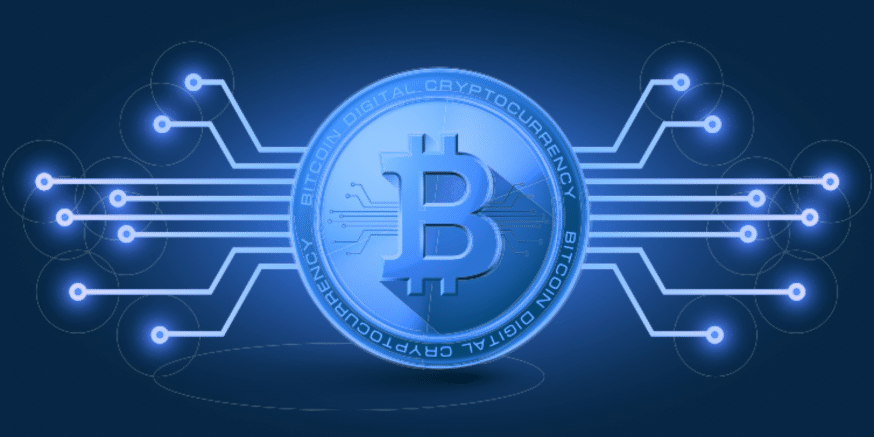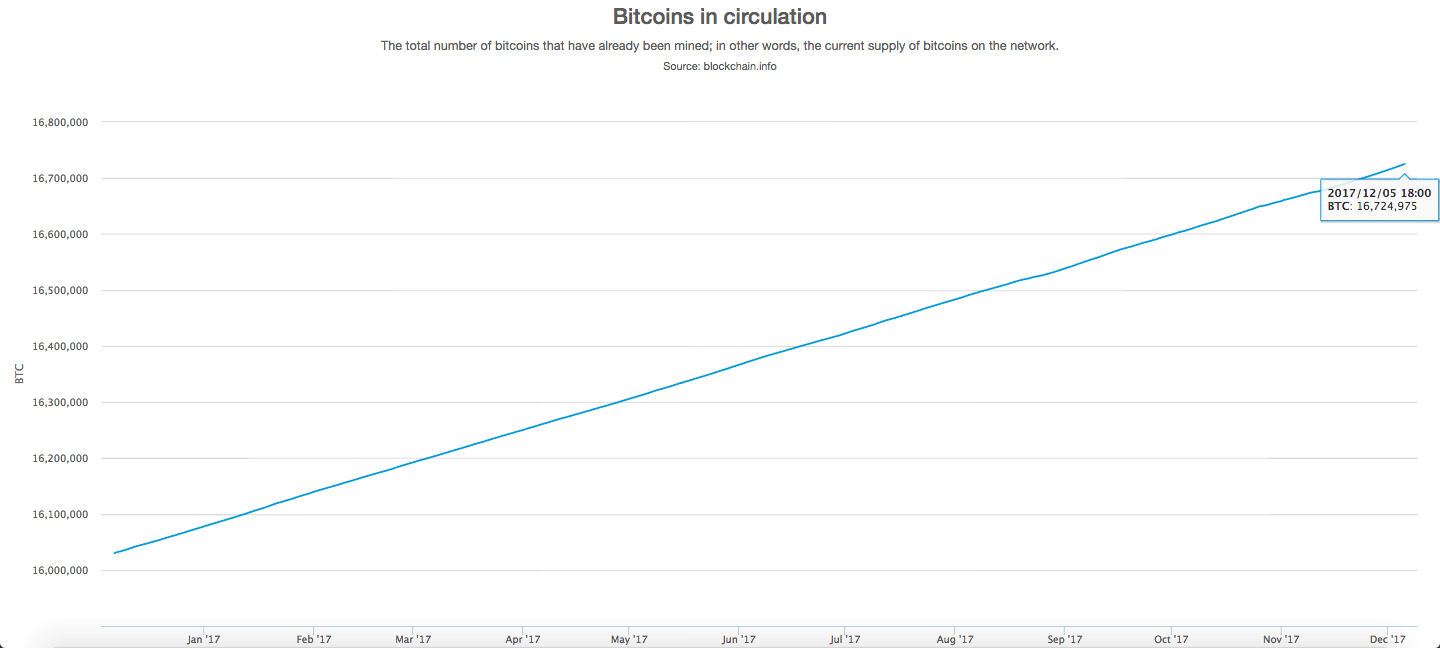Because they’re a digital currency, there’s not a simple answer to the question, “Where do Bitcoins come from?” Bitcoin was created in 2009 by an unknown developer (or developers) under the pseudonym Satoshi Nakamoto. Nakamoto seemingly created the digital currency in response to the 2008 financial crisis.
New Bitcoins enter the ecosystem using the computer programming Nakamoto wrote when creating the Bitcoin network. This program will only ever produce 21 million Bitcoin. Today, a little over 16.7 million exist.
Where do new Bitcoins come from?
In the Bitcoin whitepaper, Nakamoto explains that each Bitcoin transaction has to be verified by a decentralized group of computers – also known as miners. In exchange for verifying transactions and auditing the network ledger, these miners get Bitcoins as a reward.
These Bitcoin rewards had previously not been in circulation and therefore come from the network programming.
Transactions are grouped together in sets called blocks. With each block, miners work to solve a complex algorithm for the privilege to add the block to the chain of existing blocks, hence the name blockchain.
The algorithm increases and decreases in difficulty to ensure that each block takes an average of 10 minutes to mine.
The first miner to solve the algorithm broadcasts the answer to the rest of the miners on the network. If the other miners agree that the block is valid, they add it to the blockchain.
The miner that solved the algorithm then receives the Bitcoin reward. The mining rewards are the only source of new Bitcoins.
Bitcoin mining rewards
The bitcoin mining reward started at 50 Bitcoin per block and has decreased 50% every 210,000 blocks (~4 years). The current mining reward is 12.5 Bitcoin per block.
The reward will continue to decrease about every 4 years until all of the Bitcoins are in circulation.
Never Miss Another Opportunity! Get hand selected news & info from our Crypto Experts so you can make educated, informed decisions that directly affect your crypto profits. Subscribe to CoinCentral free newsletter now.











